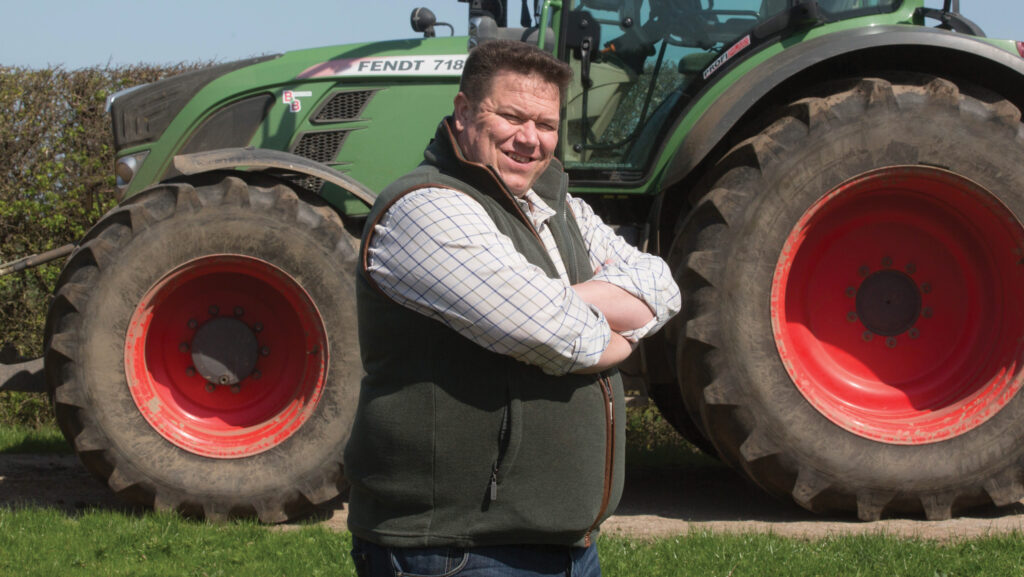Farmer Focus: Frustration with the RPA increases by the day
 © Tim Scrivener
© Tim Scrivener Only six weeks into the new year and I’ve already recorded 100mm of rain – not the start we were hoping for.
Flooding and standing water have reduced plant numbers on the later drilled wheat crops to a point where viability comes into question.
This is the third year in five we’ve been in this position, and if the current weather pattern is the new norm then the long-term viability of cereal production on heavy land becomes uncertain, especially where silted-up rivers exacerbate the situation.
See also: Expert tips on managing very variable crops this spring
My frustration with the RPA is increasing by the day.
We applied for a second Sustainable Farming Incentive agreement in September, only to be told it was held up by some queries about parcels of land being adjacent to a site of special scientific interest.
We replied promptly to clear up the confusion, and in November they agreed our application was valid and we would receive our offer.
It is now February, and a few emails later there is no sign of an offer for our second agreement. It is desperately frustrating.
Winter work is progressing well. Hedge laying is up to date, although we are again waiting for a capital grant approval from the RPA to do some more.
Ditching has been put on hold as we wait for water levels to drop, and our short-rotation coppice has been delivered to a power station at Brigg, which is good.
Another 350 elder trees have been planted as part of a trial on heavy land.
Normally, we avoid our heaviest soils, but this time we’ve made some raised beds with a bed tiller and ridging bodies in an attempt to get the elders in a more free-draining environment. So far, they look happy, so fingers crossed.
Finally, it’s the Game & Wildlife Conservation Trust’s Big Farmland Bird Count this month. It’s free to enter and a good way to help measure biodiversity.
Unfortunately, I can’t tell the difference between a chiffchaff and a brambling, but luckily I know a man who can.


